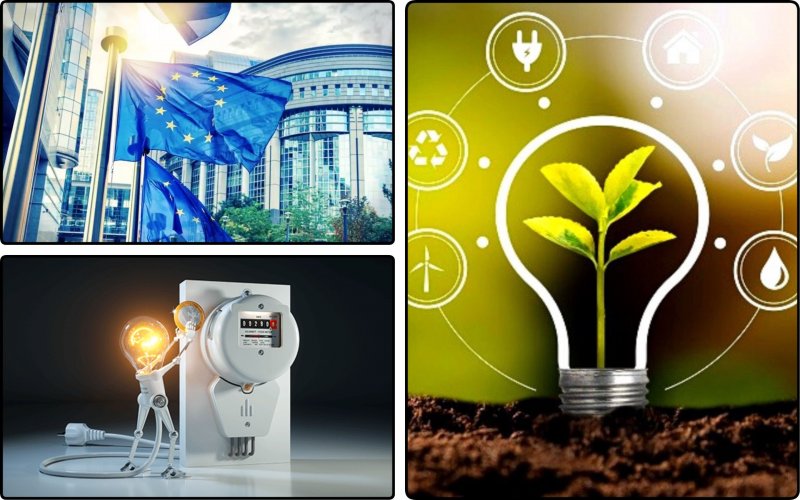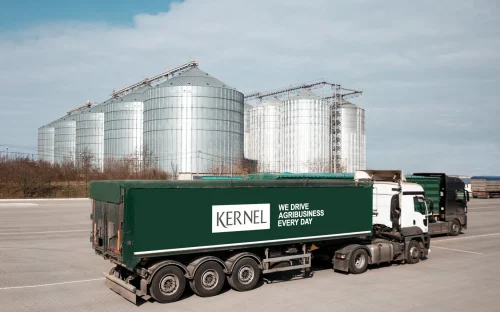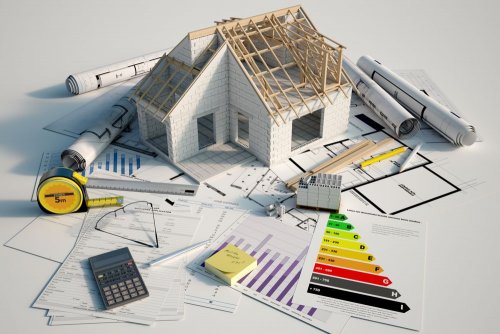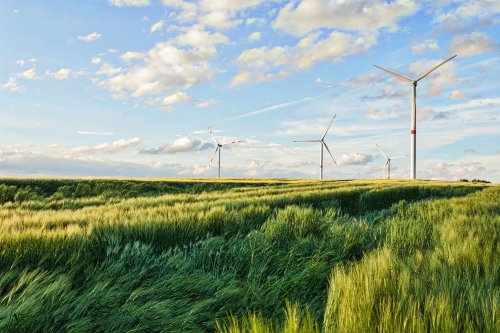The European Commission has published the updated Energy Efficiency Directive 2023/1791, which introduces the principle of "energy efficiency first" in energy and non-energy policies.
EU member states must implement new norms into national legislation within two years, the website of the European Commission says.
It is noted that the updated Directive was developed from July 2021. It also takes into account the norms of the Fit for 55 package and the REPowerEU plan.
The message emphasized that the Directive sets legally binding EU targets to reduce final energy consumption by 11.7% by 2030, relative to the baseline scenario of 2020. Member States should set their estimated national contribution based on objective criteria reflecting national circumstances. If the national contributions do not meet the EU goals, the European Commission applies the mechanism of breaking ambitions.
In addition, the document provides for an increase in annual energy savings from the existing 0.8% to:
- 1.3% in 2024-2025;
- 1.5% in 2026-2027;
- 1.9% from 2028.
"This is an average of 1.49% of new annual savings for the period 2024-2030," the press service explained.
It is noted that the new norms also provide for:
- the bloc countries' commitment to prioritize vulnerable customers and social housing as part of energy-saving measures;
- annual reduction of energy consumption by 1.9% for the public sector;
- annually repair 3% of buildings;
- implementing an energy consumption-based approach for the business to have an energy management system or conduct an energy audit;
- monitoring the energy efficiency of data centers;
- development of local heating and cooling plans in large municipalities;
- gradual increase in effective energy consumption in heating or cooling, as well as in centralized heat supply.
Earlier, EcoPolitic wrote, that in July the EU Council adopted new rules on reducing final energy consumption at the block level by 11.7% by 2030, compared to forecasts made in 2020.
As EcoPolitic previously reported, the report of Rystad Energy showed that in the warehouses of EU countries there are solar panels with a total capacity of 40 GW, which is equivalent to the installed capacity of the block in 2022.





